

Unlocking insights: how real world data is shaping clinical research and trials
Lifebit
March 12, 2024
Author: Hannah Gaimster, PhD
Contributors: Amanda White
Introduction
Clinical trials are a vital stage in the drug development process and are used to evaluate the safety and effectiveness of new drugs and medical interventions. Typically in these studies, data is collected in small, controlled settings. However, these clinical research trials may not accurately represent the important differences found in larger, more diverse groups of people.
Recent technological developments and data analysis approaches are being used to speed up clinical trial approvals by using real world data (RWD). This blog discusses the significance of integrating this population data and evidence into clinical trial approvals and its implications for the future of healthcare.
Defining real world data and real world evidence
![]()
![]()
RWD refers to information collected outside of clinical trials, reflecting everyday clinical practice and patient experiences, e.g data from patient hospital or primary care records. Real world evidence (RWE) is obtained by analyzing RWD, and is vital for understanding the effectiveness and safety of healthcare treatments in real-life situations.
![]()
![]()
Both RWD and RWE are important sources of information that can support conventional clinical trials, such as epidemiological research, lab-based investigations, and randomized controlled trials (RCTs).
Key sources of real world data
RWD comes from various sources, offering a comprehensive view of patient demographics, treatment patterns, and healthcare outcomes. Common sources include:
-
Electronic Health Records (EHRs) or Electronic Medical Records (EMRs): Detailed patient information, including medical history, diagnoses, medications, and treatment plans.
-
Claims Data: Information from healthcare billing and reimbursement processes, detailing procedures, medications, and associated costs.
-
Patient Registries: Databases collecting data on patients with specific medical conditions or demographics, enabling the study of treatment effectiveness and long-term outcomes.
-
Electronics and wearable devices: These seamlessly integrate into users' daily lives, capturing diverse health and activity data, including heart rate, sleep patterns, exercise routines, and environmental factors.
.png?width=903&height=386&name=Key%20sources%20of%20RWD%20(1).png)
The shift towards using real world data in clinical research and trials has begun
Historically, clinical trials have prioritized homogeneous patient groups to ensure minimal differences between the treated vs untreated groups at a baseline level and high internal validity. Internal validity refers to the level of confidence that the observed effect of a drug accurately reflects the true effects of the drug being tested, and that the effect of the drug is not due to other differences in the group.
While this approach has its merits, it often fails to capture the full diversity present within real-world patient populations. Consequently, there has recently been a shift towards incorporating RWD into the clinical trial approval process to enhance external validity and generalizability.
A recent review of publicly available FDA approval documents from Jan 2019-June 2021 quantified, by year, show the quantity of approvals that incorporated RWE in any form, and the intended use of RWE in those applications.
This research showed that out of 136 approvals analyzed, 116 (85%) included the utilization of real-world evidence (RWE) in some capacity. Over the studied period, the proportion of approvals including an RWE study increased: 75% of approvals in 2019, 90% in 2020, and 96% in the first half of 2021.
However, other research studies report that RWE continues to be under utilized. One study evaluated the use of RWE for neuroscience related novel drugs and biologics approved by the FDA. Among these approvals, three applications (10%) were confirmed as containing RWE, one of which included RWE as primary evidence of effectiveness.
Another recent review with similar findings analyzed 89 studies relating to clinical trial approvals. Although a diverse set of diseases was studied, less than 10% of trials used RWD. The articles analyzed in this work also reported various data related challenges, such as data quality issues including missing values and limited data availability and accessibility.
![]()
![]()
This highlights that researchers may be struggling to find high quality, fully interoperable and standardized data for research and clinical trials, and that a lack of secure access to data catalogs with global health data may be a current bottleneck in integrating RWD into research, development and clinical trials.
![]()
![]()
Real-world data (RWD) shows vast promise for accelerating clinical trials approvals, but it is crucial to provide researchers with easy to use, secure data catalogs to enable access to high quality, global datasets for research and clinical trials.
Summary
Clinical trials play a crucial role in evaluating new medical interventions, but traditional approaches may overlook the complexities of diverse patient populations. Recent technological advancements are paving the way for integrating RWD and RWE into the clinical trial approval process.
Further exploration of utilizing RWD in medication or procedure trials is essential, including addressing data quality and access issues to facilitate its effective use.The integration of RWD into clinical trials holds immense promise for the future of healthcare, enabling more comprehensive evaluations of interventions and enhancing patient care through evidence-based practices.
Look out for the next blog in our series that will explore the key benefits that can be gained by using RWD in clinical research and trials.
Author: Hannah Gaimster, PhD
Contributors: Amanda White
About Lifebit
Lifebit's federated technology provides secure access to deep, diverse data from over 100 million patients. Researchers worldwide can securely connect and analyze valuable real world, clinical and genomic data in a compliant manner.
Discover our precision medicine data catalog and book a data consultation with one of our experts now.
Featured news and events

2025-03-26 11:17:46

2025-03-14 15:45:18

2025-03-05 12:49:53
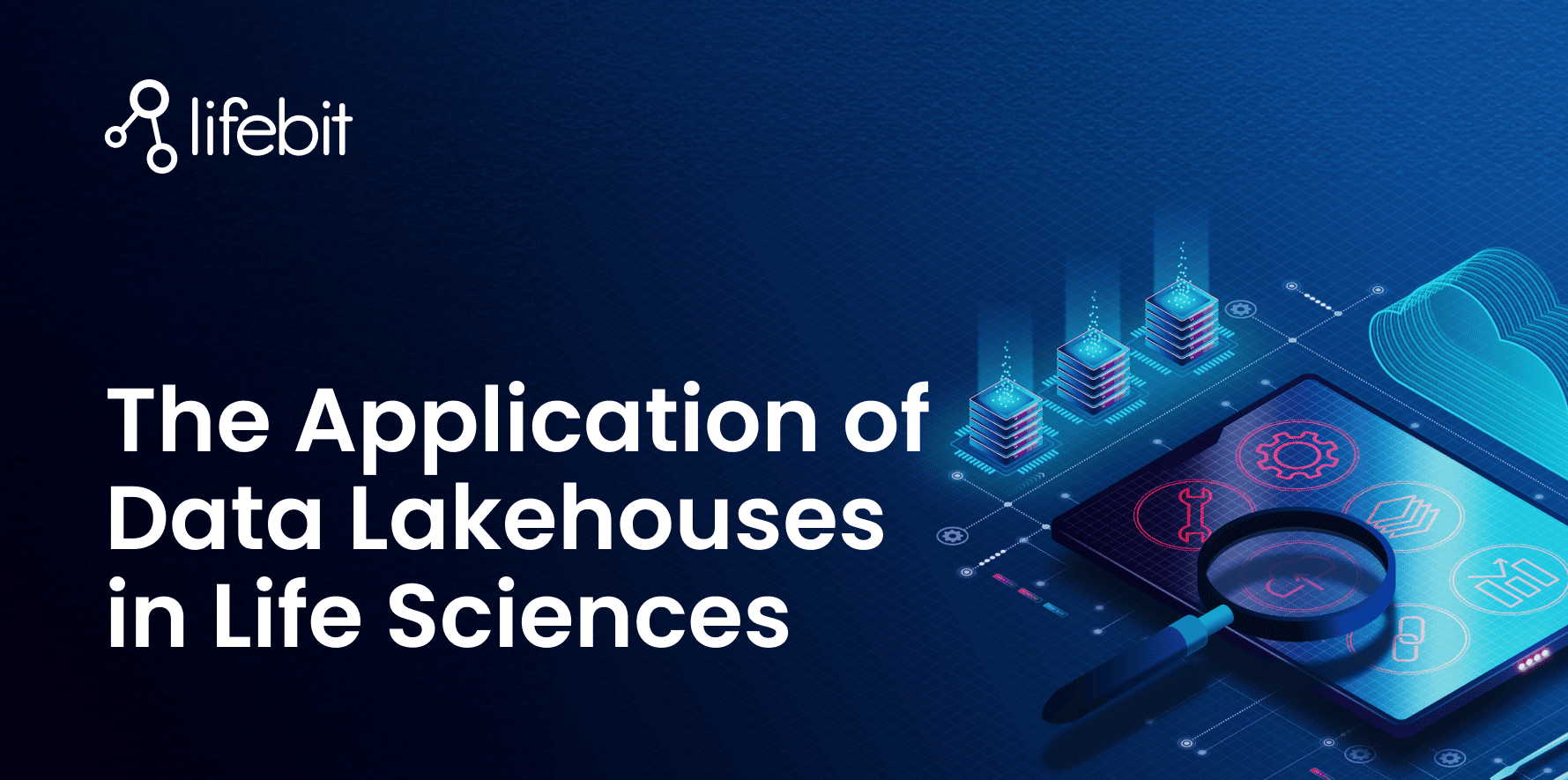
2025-02-27 10:00:00
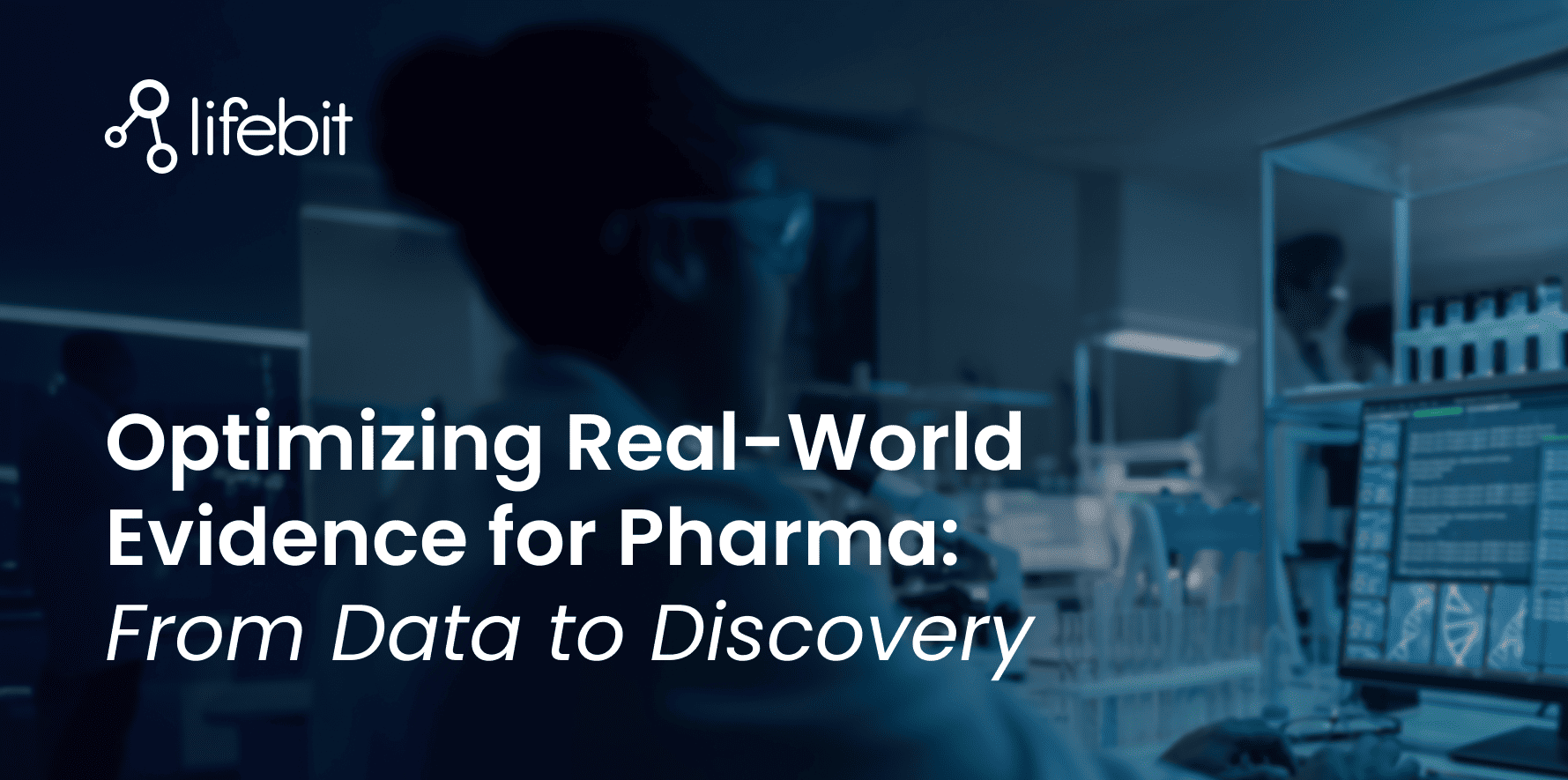
2025-02-19 13:30:24
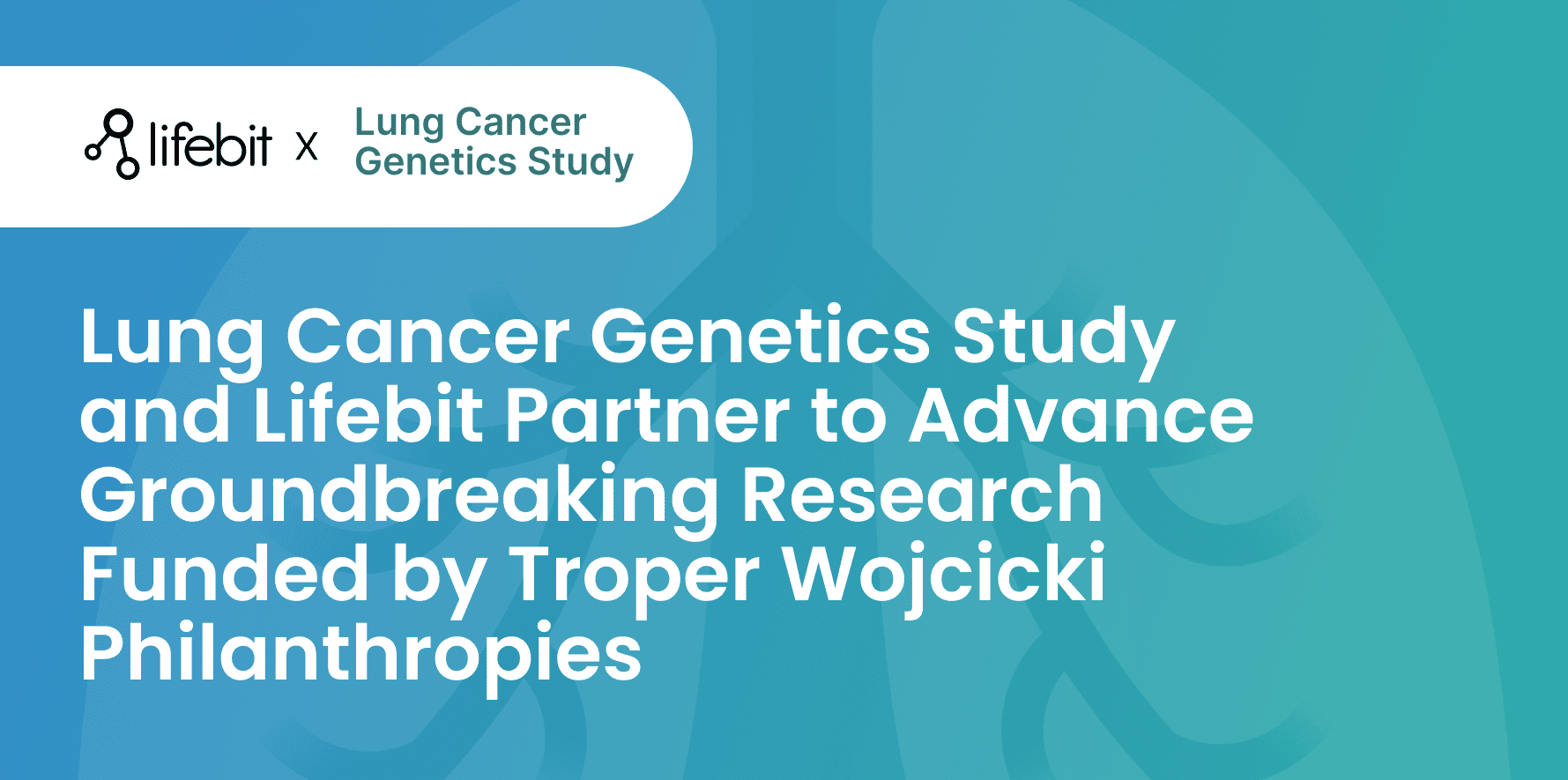
2025-02-11 08:39:49

2025-01-30 12:47:38
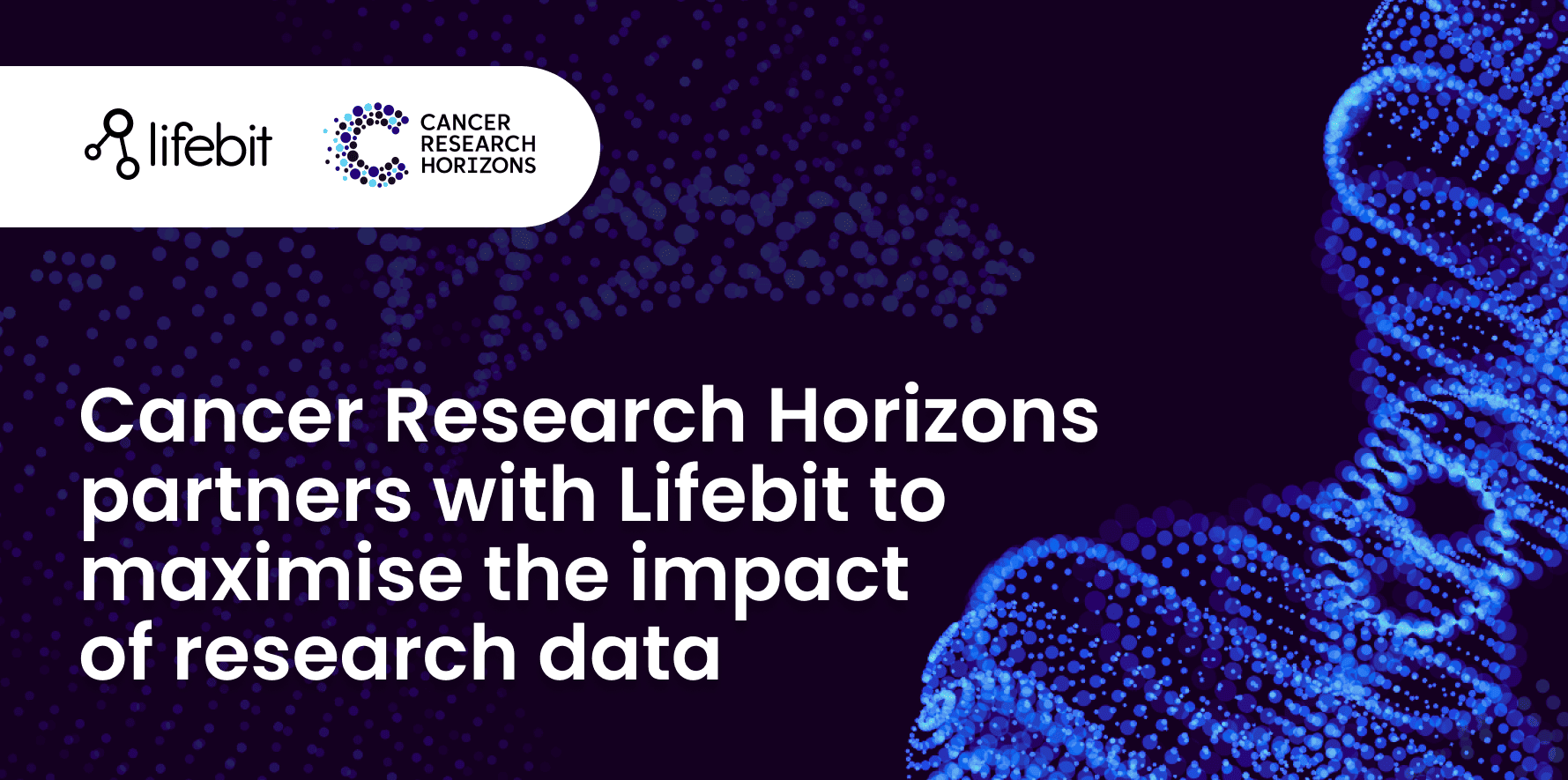
2025-01-28 08:00:00

2025-01-23 09:07:20
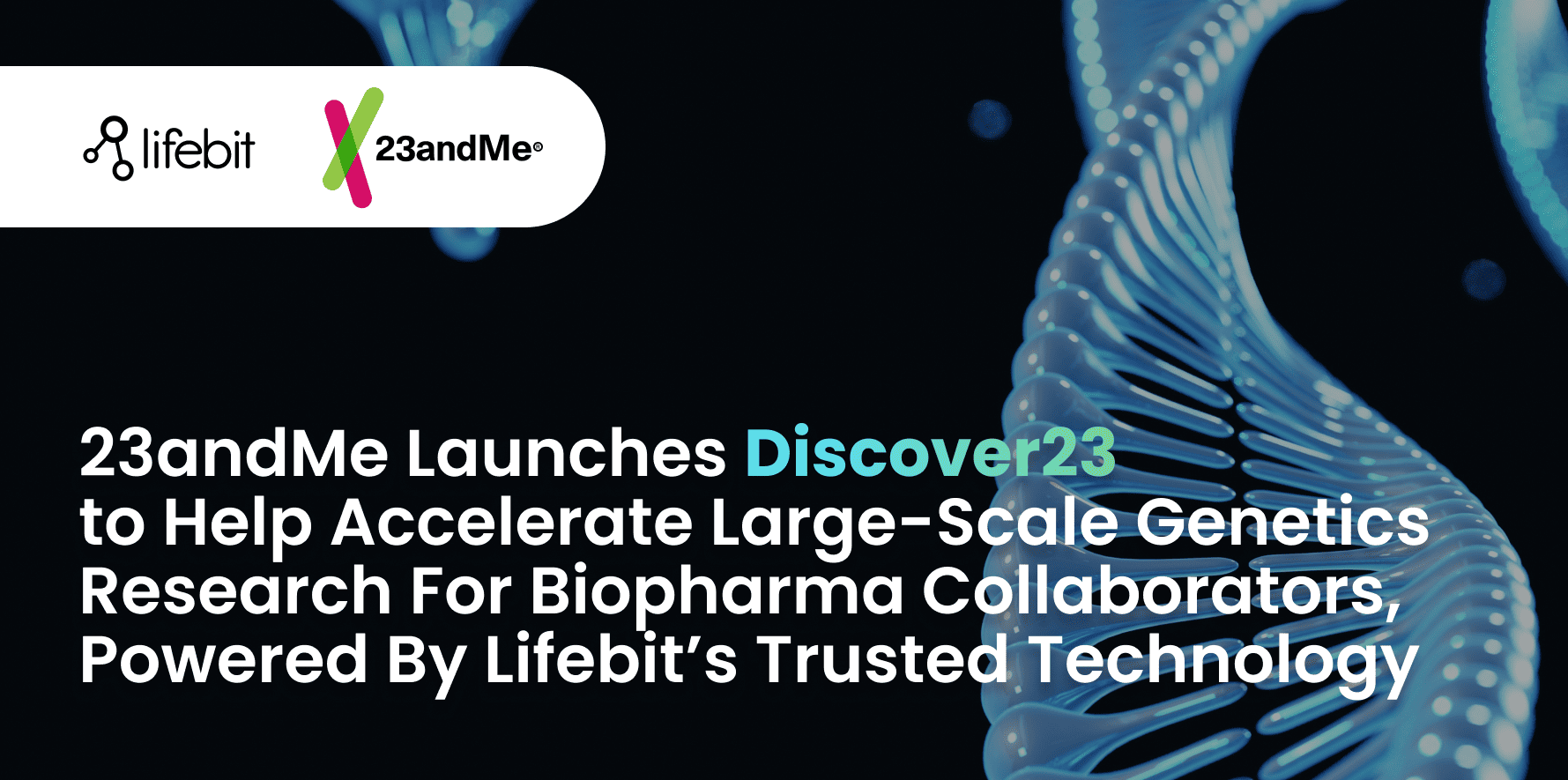
2025-01-08 13:58:41

.png)